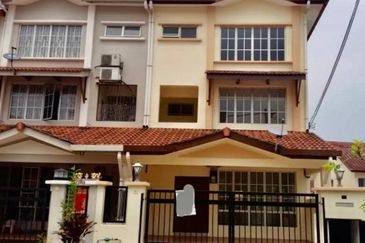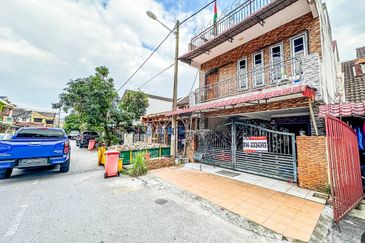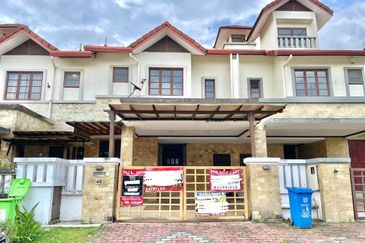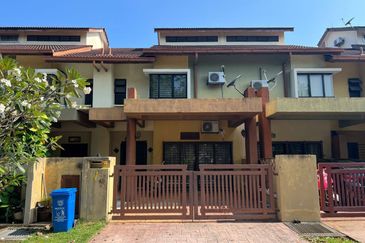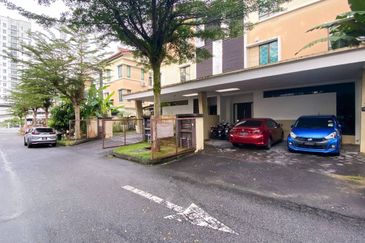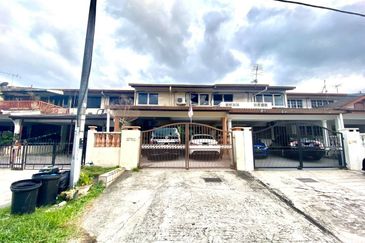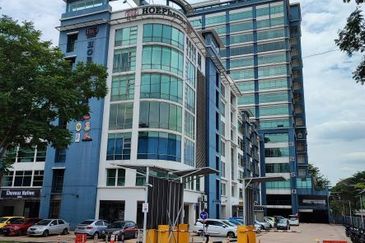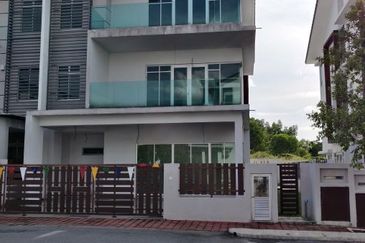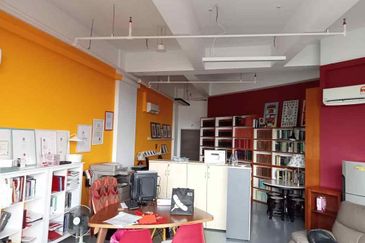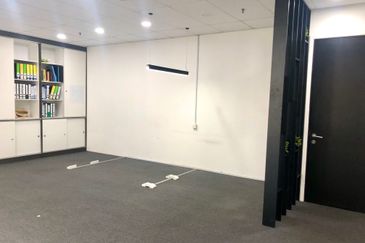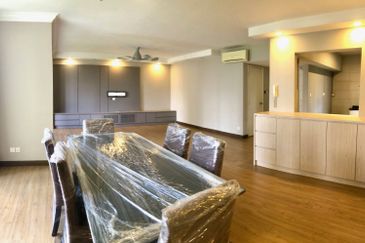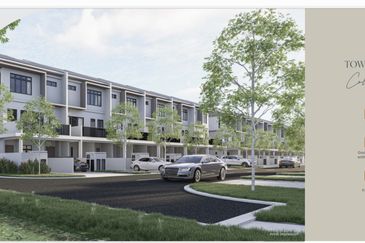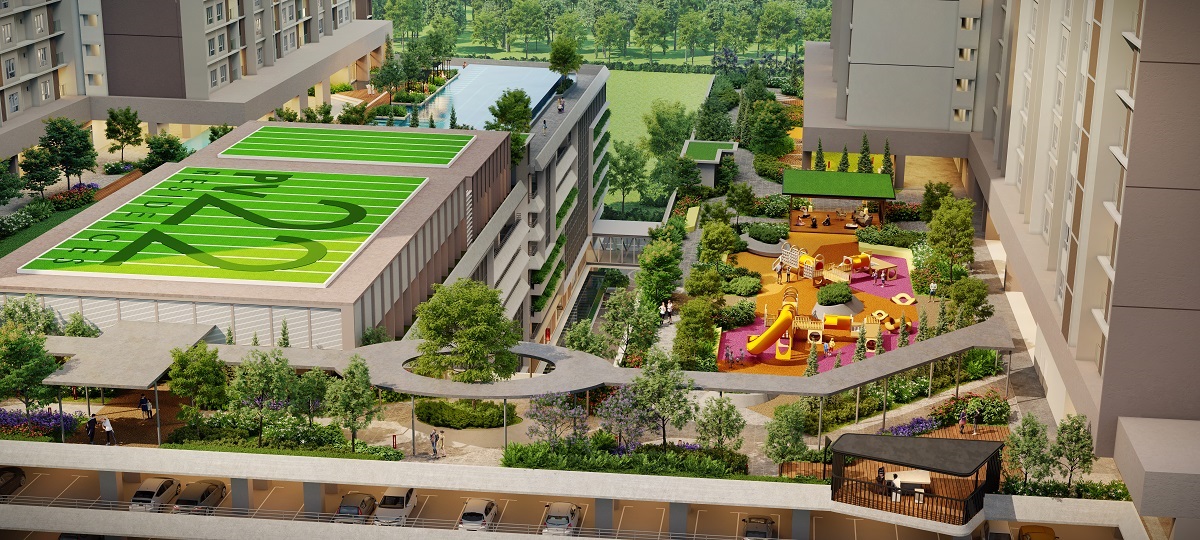
- "The first nine months of 2023 recorded among the highest numbers in transactions countrywide for the same period since 2011/2012’s peak point, indicating a sustained market momentum from 2022."
KUALA LUMPUR (Jan 30): The moderate growth pace of Malaysia’s property market in 2023 is most likely to continue this year, mainly due to buyers remaining cautious in property purchases despite overall sentiment having improved, according to Rahim & Co International Property Consultants Sdn Bhd at the launch of Rahim & Co Research Sdn Bhd’s Property Market Review 2023/2024 on Tuesday.
In his opening speech, Rahim & Co executive chairman Tan Sri Abdul Rahim Abdul Rahman said the market in 2023 overall had pulled through with positive growth at a more moderate pace compared with the growth in 2022. It was a strong rebound after the pandemic.
“While the official numbers for 4Q2023 have not been released, the first nine months of 2023 recorded among the highest numbers in transactions countrywide for the same period since 2011/2012’s peak point, indicating a sustained market momentum from 2022. This is coherent with the post-pandemic recovery pace which has surpassed above pre-2020 performance.
“Looking forward to 2024, we are cautiously optimistic about the year’s prospects given the various infrastructure projects [that will be developed] across the country,” Abdul Rahim added.
When presenting the Property Market Review 2023/2024, Rahim & Co director of research Sulaiman Saheh shared that the residential and commercial sectors grew whilst the industrial sector saw a slight decline in volume albeit a healthy increase in value. In the first nine months of 2023, the country recorded 293,095 property transactions worth RM142.51 billion.
He elaborated that the transaction volume of Malaysia’s residential industry increased by 1.3% year-on-year (y-o-y) in 3Q2023 while the industrial sector declined by 1.8% y-o-y in 3Q2023.
The transaction value, on the other hand, witnessed a y-o-y increase of 3.5% 3Q2023 for the residential market while the industrial sector also saw a y-o-y increase of 10.4% in 3Q2023.
“Standing out in [y-o-y] growth is the commercial sector with 22.3% increase in transaction volume and 24.8% in transaction value,” Sulaiman noted.
For the outlook on this year’s property market, he expects the overall market to continue the momentum that was generated since 2022.
For the residential segment, Sulaiman sees that buyers are gradually gaining confidence in their property purchases but are still remaining cautious. “Landed homes remain the preferred choice as evidenced in the successful sales of projects at affordable prices. For high-rise developments, transit-oriented developments will continue to attract both homebuyers and investors.”
He also highlighted that the market trend has steadily shifted towards high-rise developments, thanks to the growing demand from the younger buyers.
For the retail segment, Sulaiman said a minor movement can be seen as past-delayed projects are being completed. However, the market remains vulnerable to further new injections as the absorption for retail is selective.
He also highlighted the downward pressure on occupancy and rentals of retail is expected to continue, especially for older establishments that are losing out to newer and more modern malls.
Meanwhile, the office segment is seeing more demand for multi-compliant and Grade A office buildings. Sulaiman said, “The incoming supply of new office buildings continues to make the office segment a more competitive landscape. Nowadays, more emphasis is placed on the quality of spaces that are green-certified with advanced communication technology as the backbone. There is also a higher recognition by organisations of the ESG [environmental, social and governance] elements, amenity-rich locations and convenient transportation connections. These are the most sought-after criteria they look for in an office building.”
Furthermore, hybrid and work-from-home arrangements can help keep co-working and flexible spaces remain relevant and in demand, he noted.
While there is an increase in demand for high-quality offices, Rahim & Co CEO of estate agency Siva Shanker said, “Some of the older buildings may unfortunately need to be torn down while others will be repurposed. We saw this happening during the pandemic, where a lot of old buildings were repurposed into budget hotels. That doesn’t seem to be working well now. So we might see these buildings being repurposed into colleges, universities, data centres, retirement villages and healthcare facilities."
For the industrial segment, Sulaiman said it drew a lot of attention in recent years, thanks to the growth of e-commerce and the logistics sector. He added that the market interest remains, especially for integrated and managed industrial parks.
However, given that the industrial sector received a lot of interest in the past three years, he warned that there could be an oversupply. “In mitigating this, niche industrial developments for specific industrial needs and built-to-suit industrial properties are in trend now.”
With the launch of the New Industrial Master Plan 2030, Sulaiman said the sector is expected to grow steadily as it propels the industry higher in the global value chain.
Looking to buy a home? Sign up for EdgeProp START and get exclusive rewards and vouchers for ANY home purchase in Malaysia (primary or subsale)!
TOP PICKS BY EDGEPROP
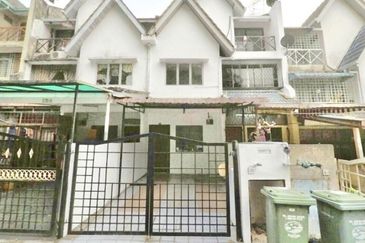
Wangsa Maju Seksyen 5
Wangsa Maju, Kuala Lumpur
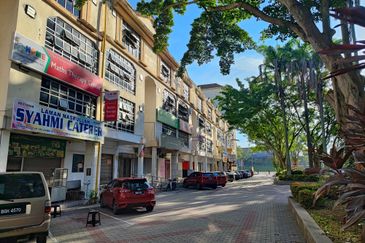
Nilai Square Commercial Center
Nilai, Negeri Sembilan

Pearl Villa Townhouse
Bandar Saujana Putra, Selangor

Sentrio Suites (Sentrio Pandan)
Desa Pandan, Kuala Lumpur

The MET Corporate Towers
Mont Kiara, Kuala Lumpur

